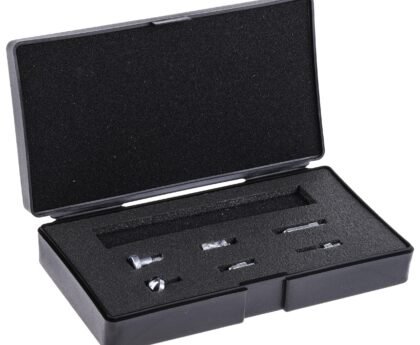Solar panels are devices that convert sunlight into electricity. They consist of a number of individual photovoltaic cells that are connected together to form a larger panel. The cells are made from semiconductor materials, usually, silicon, which absorbs the sunlight and converts it into electricity. The electricity produced can then be used to power devices or stored in a battery for later use. Solar panels are becoming increasingly popular as a source of renewable energy, which can be used to reduce electricity bills and help reduce greenhouse gas emissions.
How Do Solar Panels Work?
Solar panels work by converting the energy from the sun into electricity. When sunlight strikes the solar panel, the energy is absorbed by the photovoltaic cells within the panel. This energy is then converted into direct current (DC) electricity, which is then passed through an inverter to convert it into alternating current (AC) electricity. This AC electricity can then be used to power lights, appliances, and other electrical equipment.
What Are Solar Panels Made Of?
Solar panels are typically made of photovoltaic cells, which are made of semiconductor materials like silicon, gallium arsenide, and copper indium selenide. These materials are layered together and encapsulated in a protective coating.
How To Clean Solar Panels?
- Start by using a soft brush or a soft cloth to remove dirt and debris from the surface of the panels. Be sure to use gentle strokes and avoid any abrasive materials.
- If there are any stubborn stains, you can use a mild soap and water solution to clean the surface of the panels. Be sure to use a soft cloth and avoid any abrasive materials.
- If you are cleaning the panels with a hose, make sure to use a low-pressure setting and avoid spraying the panels directly.
- Rinse the panels with clean water and allow them to dry completely.
- If you have access to a window cleaner, you can use this to clean any streaks or smudges on the panels.
- Once the panels are clean and dry, inspect them for any damage or signs of wear. If there are any damaged parts, contact a professional for repairs.
How to Install Solar Panels?
- Choose a location for your solar panels. Make sure the area receives direct sunlight and is free of obstructions.
- Calculate the size of the system you need. This can be done by calculating the amount of energy you use and how much energy you want to produce with your solar array.
- Purchase the necessary components and materials. This includes the solar panels, mounting hardware, wiring, and batteries.
- Install the mounting hardware. This will be used to secure the solar panels to the roof or ground.
- Connect the wiring from the solar panels to the inverter. This will convert the direct current (DC) electricity produced by the solar panels into alternating current (AC) electricity.
- Install the batteries. These will store the energy produced by the solar panels.
- Connect the inverter to your home’s electrical system. This will allow the energy produced by the solar panels to be used in your home.
- Test the system. Make sure everything is connected properly and the system is producing the desired amount of energy.
How Much Do Solar Panels Cost?
The cost of solar panels depends on several factors, including the type of panels, their size, and the efficiency of the system. On average, an installed system of 6 kilowatts (kW) can range from $12,000 to $15,000. However, the cost of solar panels can vary significantly depending on the size of the system, the type of panels being used, and the location of the installation.
How Long Do Solar Panels Last?
Solar panels typically last between 25 and 30 years. However, this number can be extended with proper maintenance and care. Over time, the solar cells inside the panel may degrade and their efficiency may drop, but they will still produce energy. The efficiency of the panel is usually guaranteed by the manufacturer for 25 to 30 years, but most solar panels will continue to produce energy beyond that. With proper maintenance and care, a solar panel can easily last 40 years or more.




